Home >>Local
Pictures | World Conference of Classics · 'Exploring China' Henan Tour kicks off
Source:Henan Daily
Published:2024-11-03 10:00
On November 3, the "World Conference of Classics · 'Exploring China' Henan Tour" kicked off in Zhengzhou. Over 40 classical scholars and experts from 13 countries embarked on a journey across the Central Plains. During the three-day event, participants will visit Zhengzhou, Luoyang, and Anyang, three renowned ancient capitals of China.
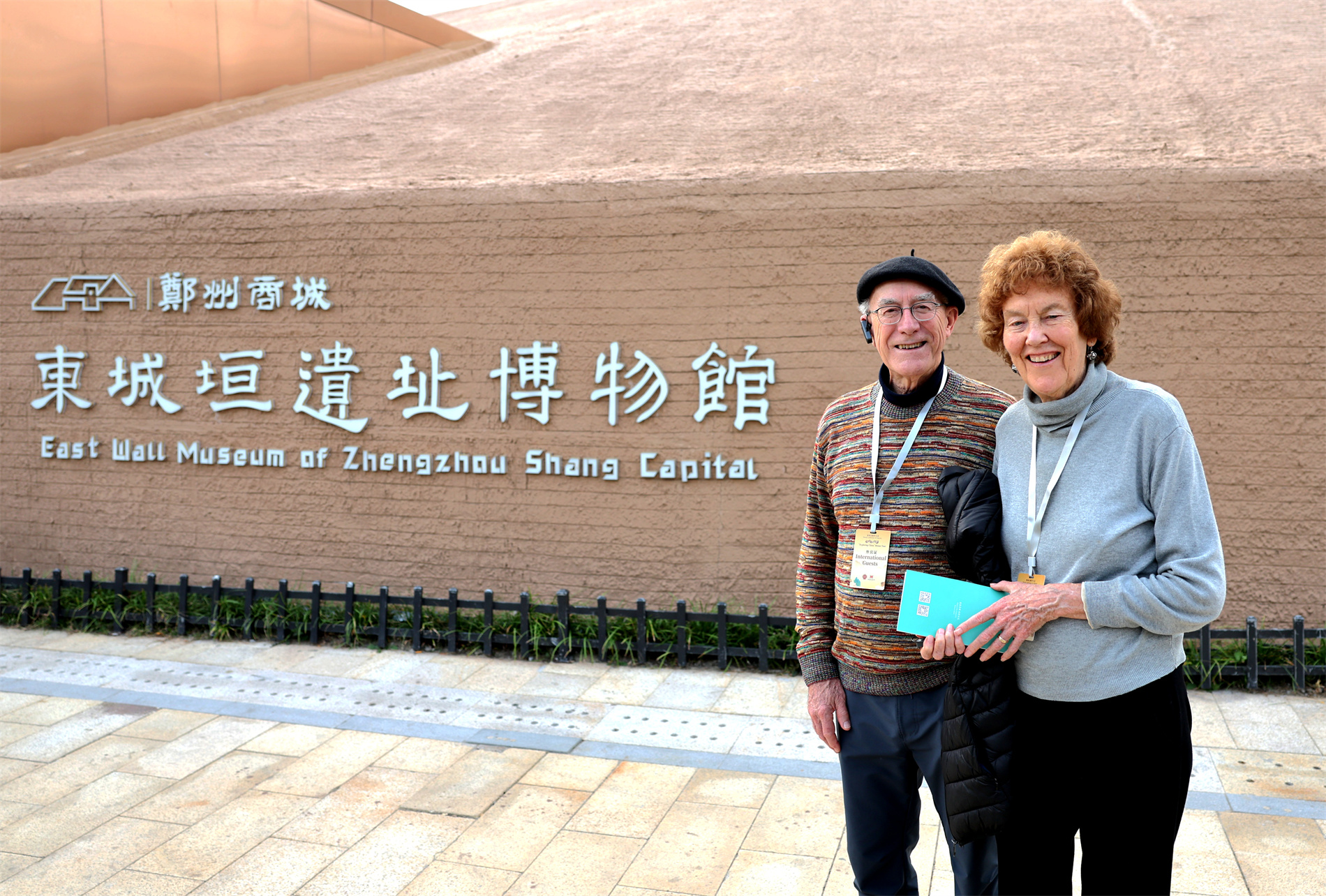
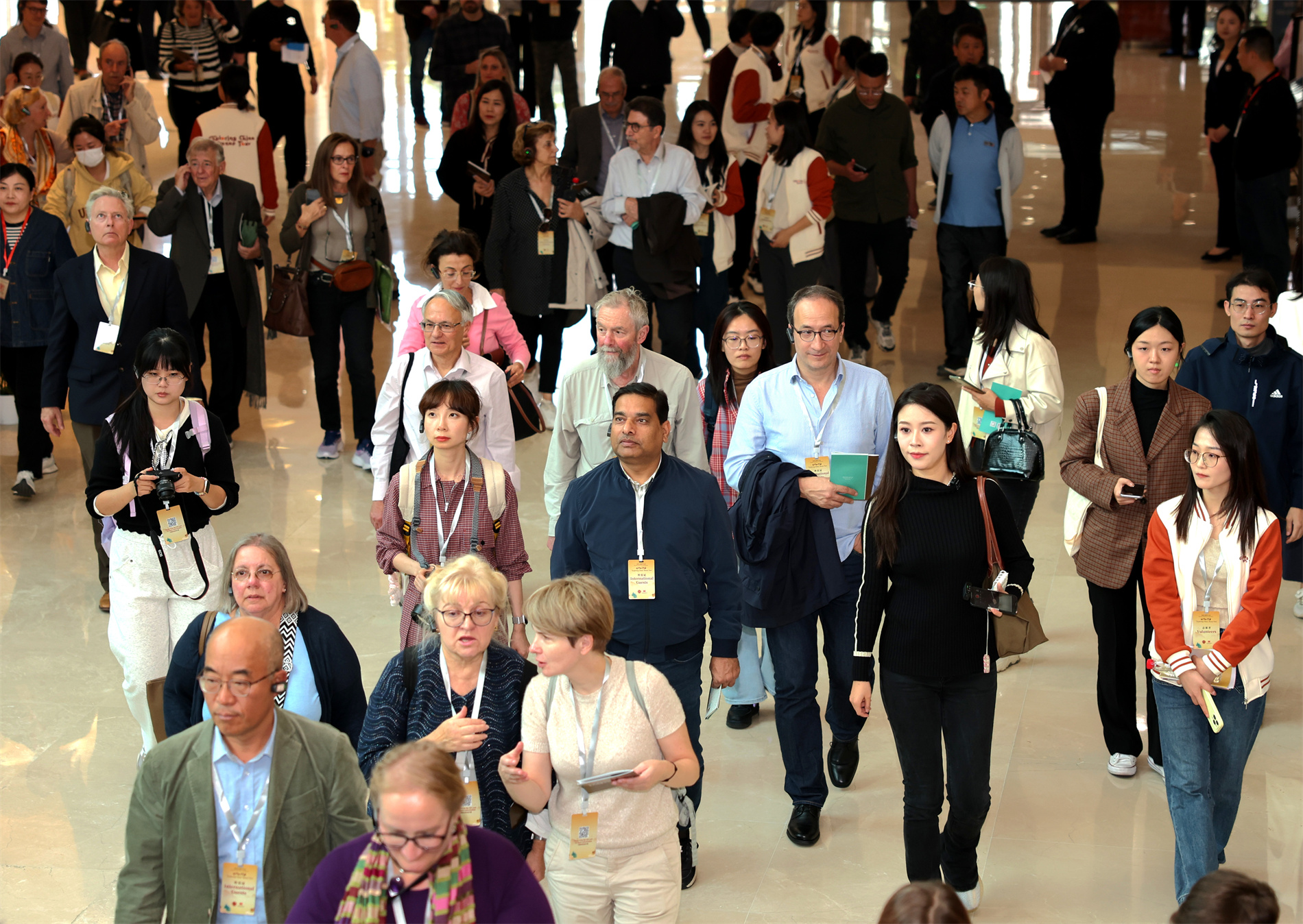
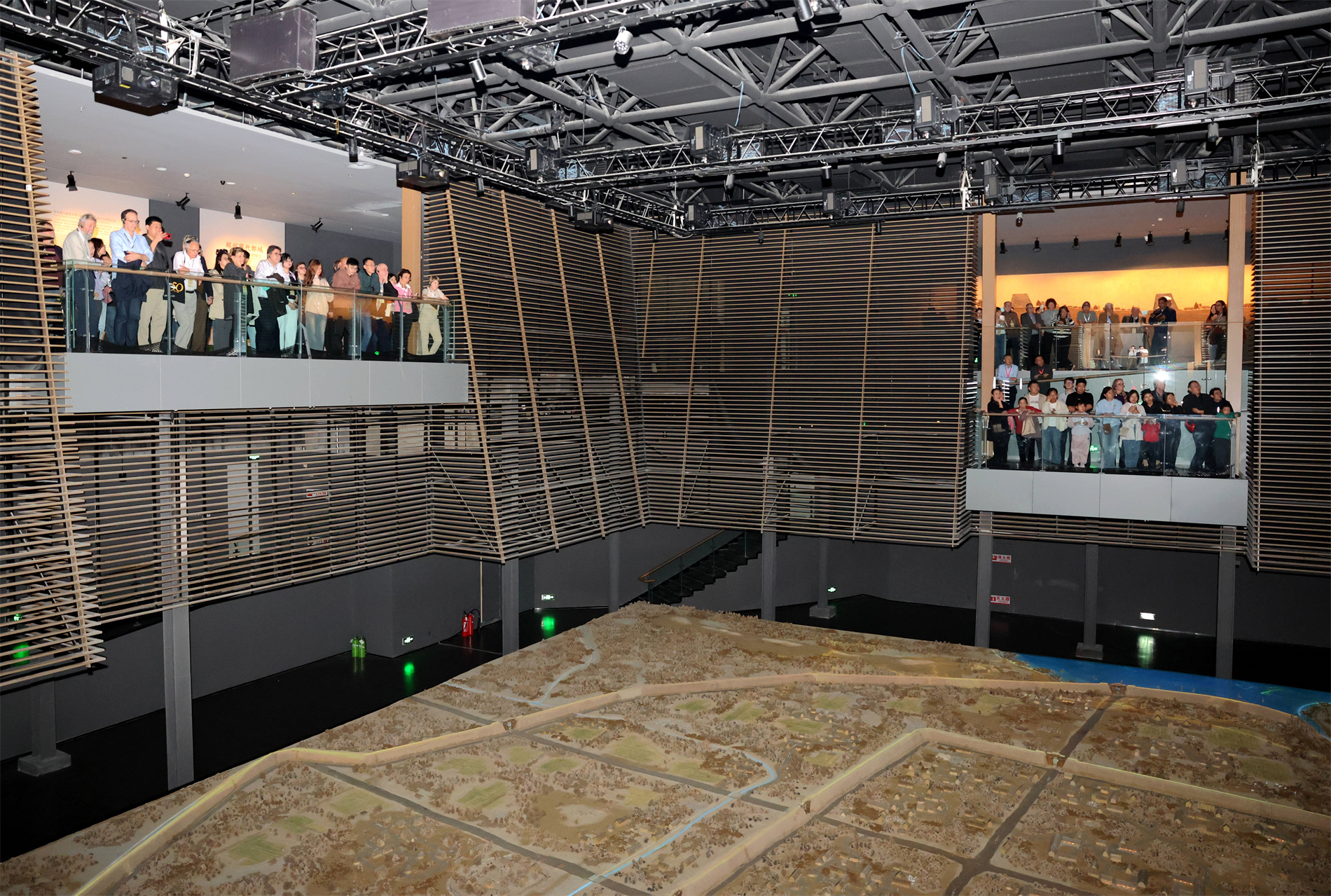
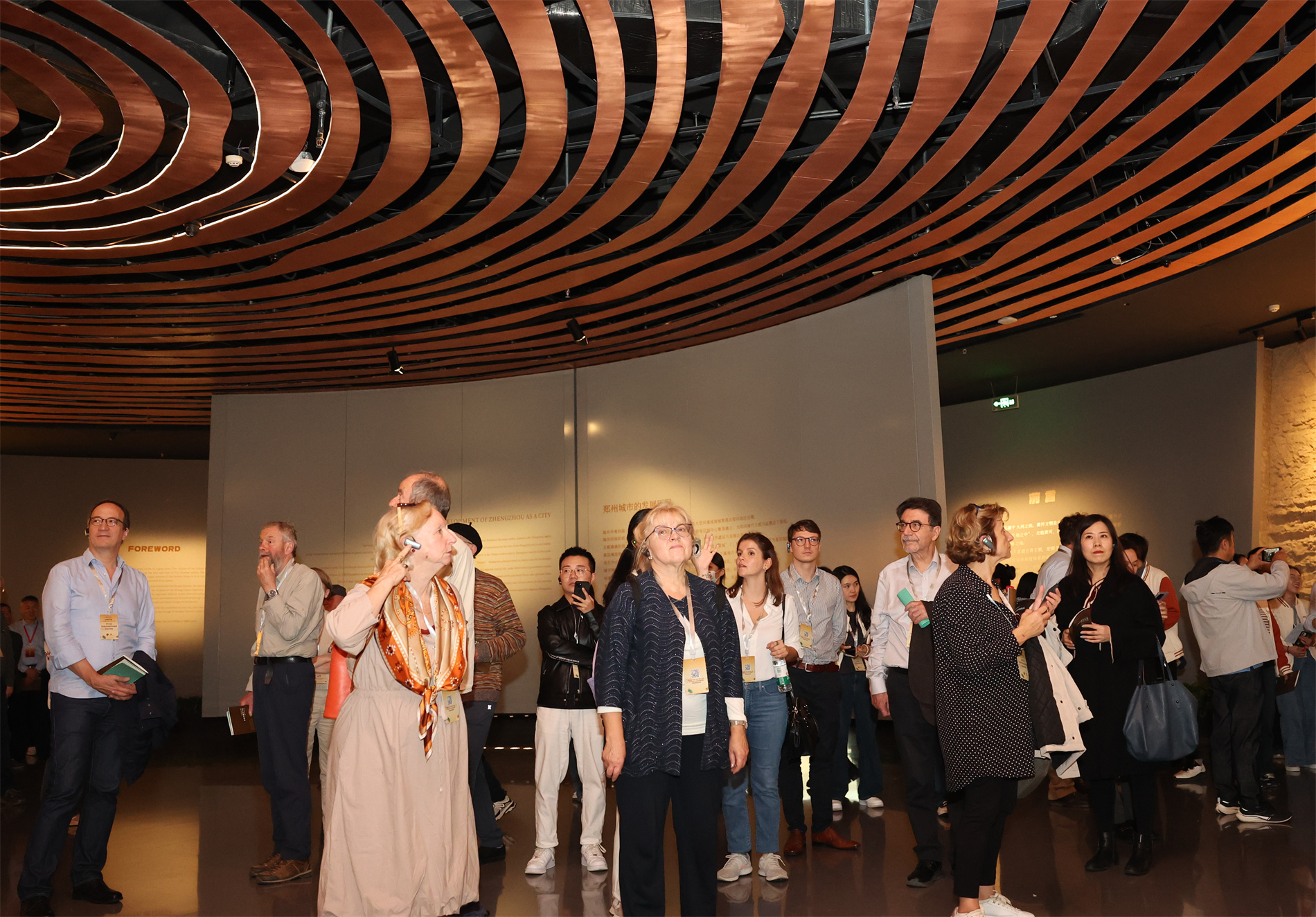
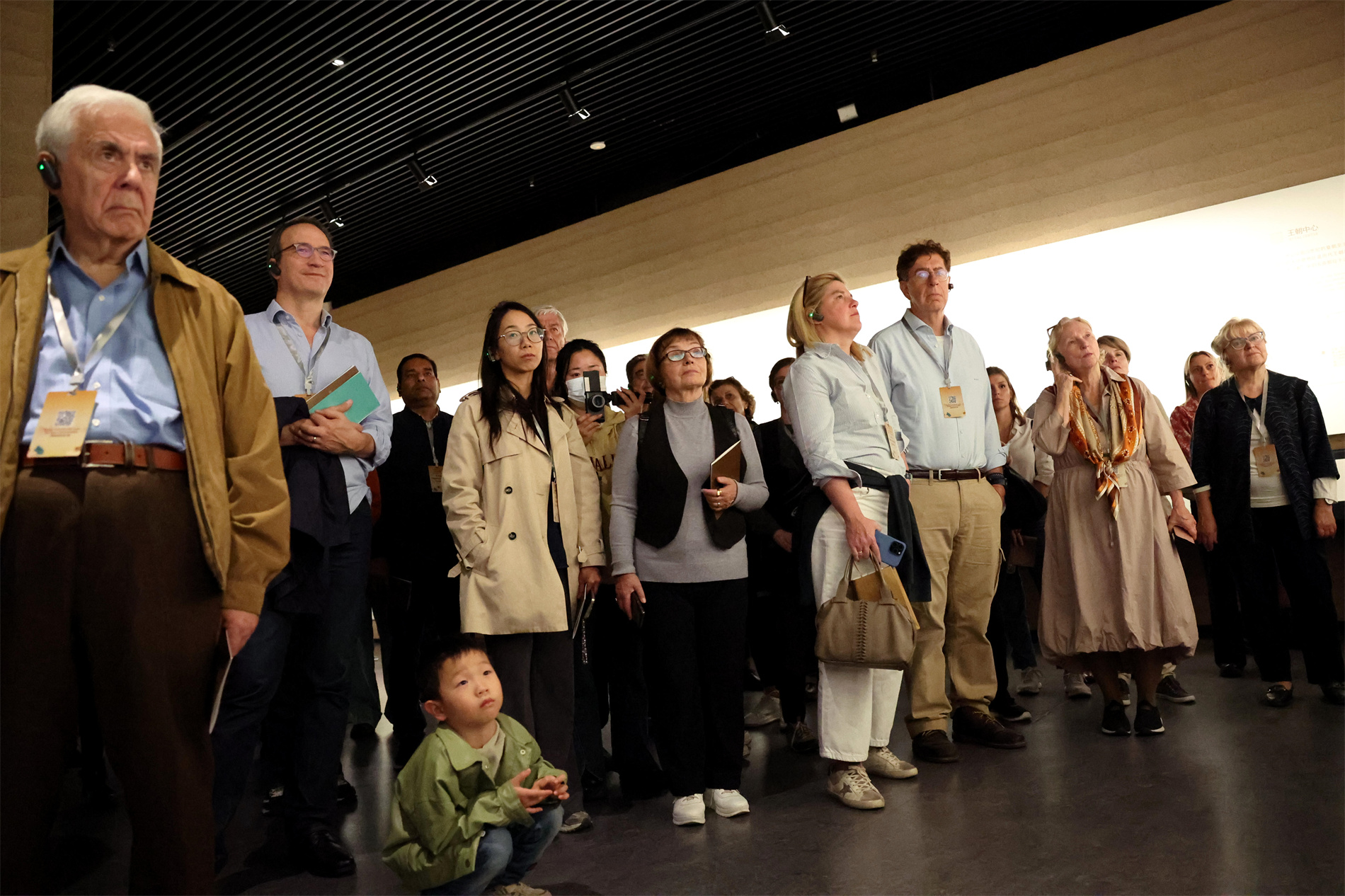
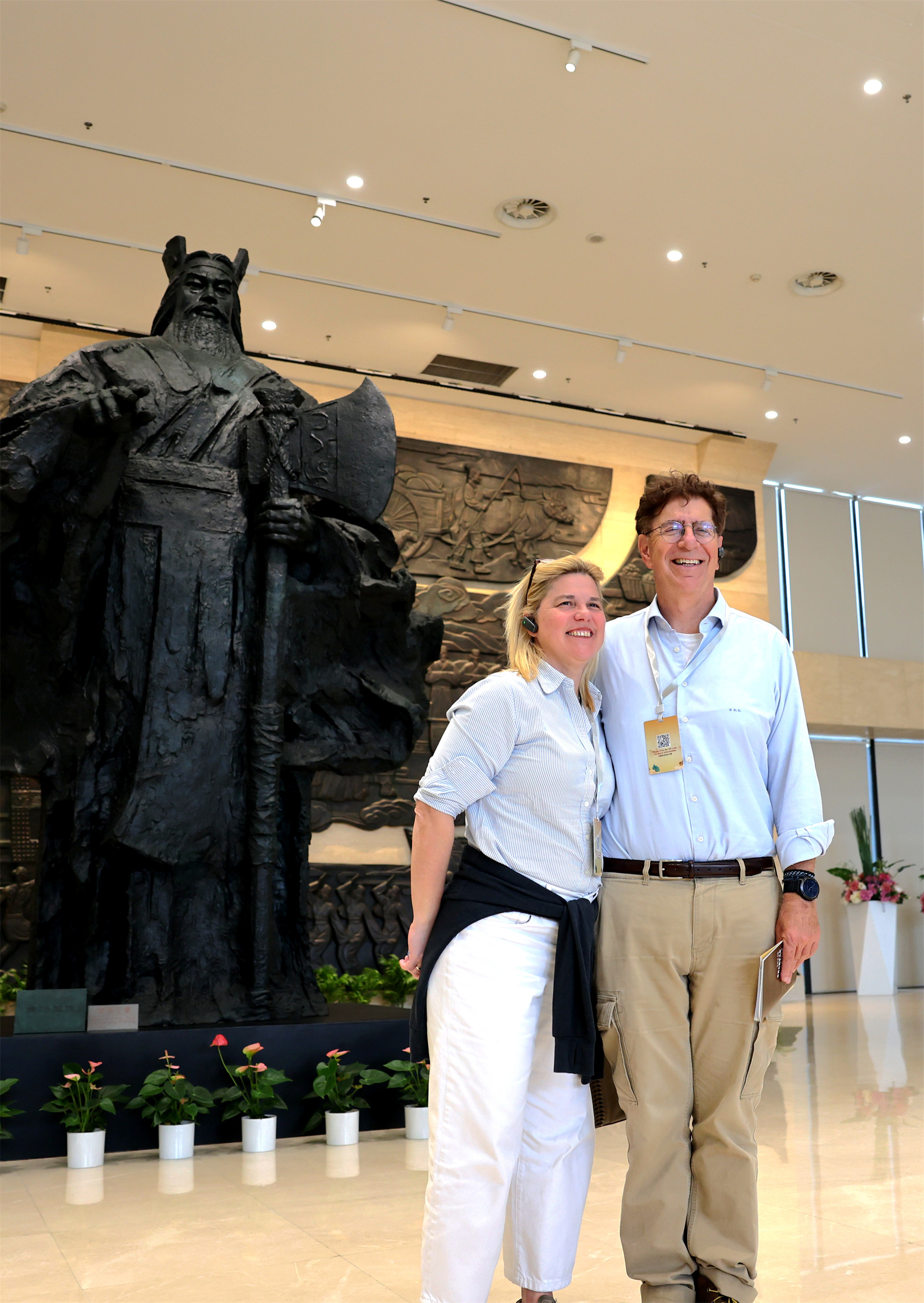
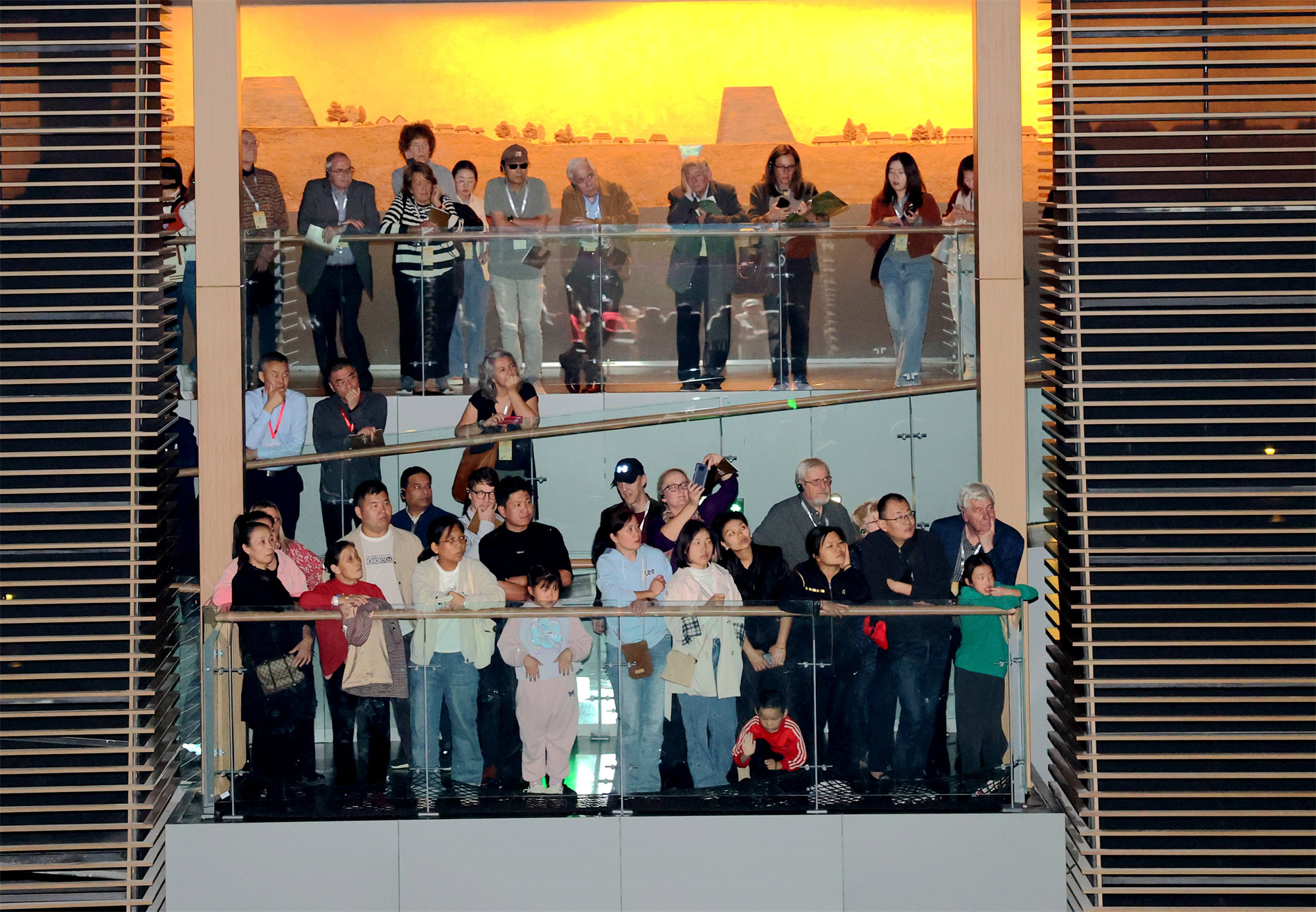
Editor:Zhao Hanqing
